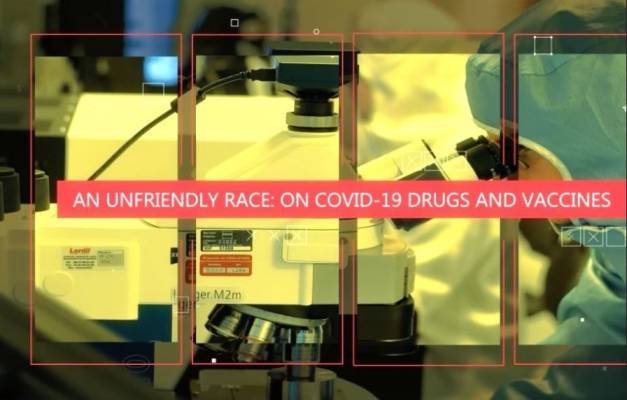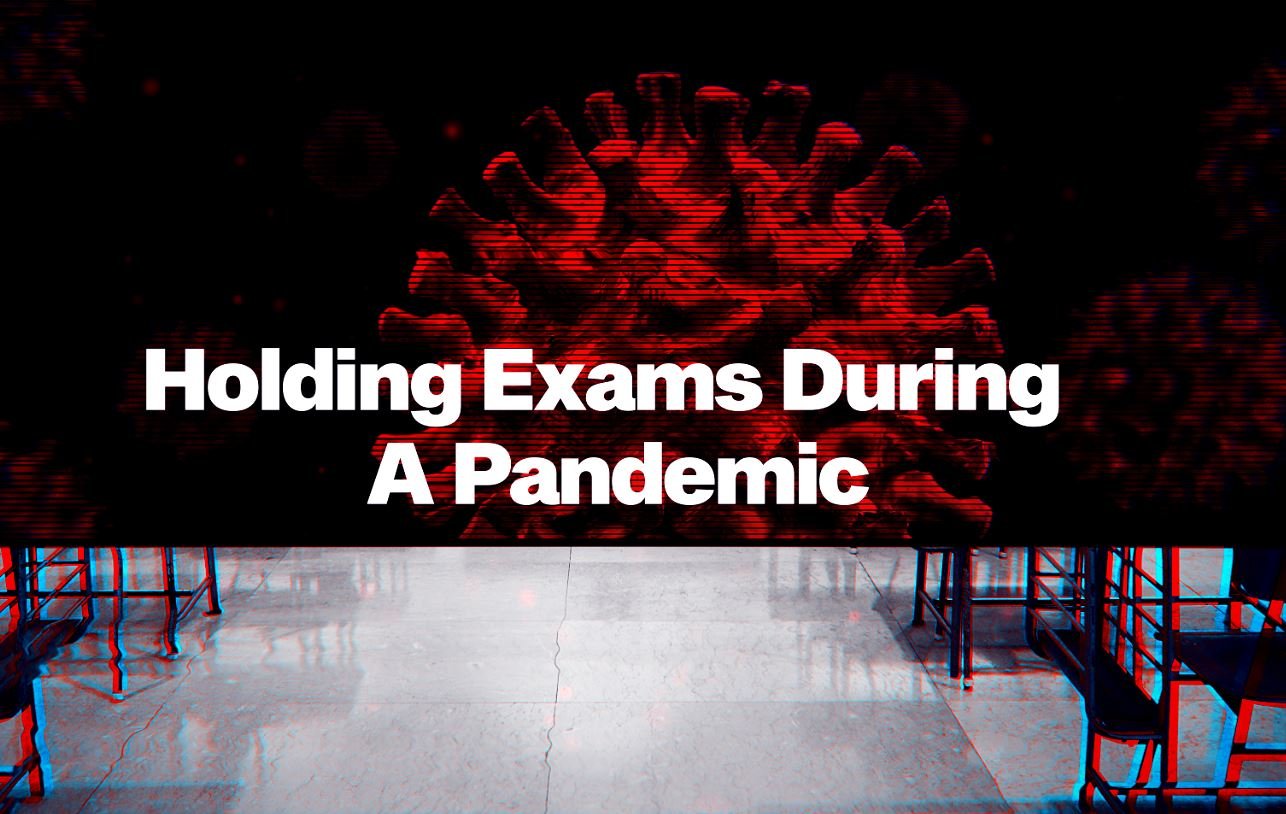On July 11th, the Drugs Controller General of India’s (DCGI) approved repurposed drug Itolizumab to treat cytokine release syndrome (CRS) in moderate to severe patients with Covid-19. The second stage of the randomized control trial, to test the safety and efficacy of the Biocon drug, only recruited 30 participants, 20 of which were given the drug, others a placebo. Although it has only been approved for emergency use, data from a trial so small does not hold much statistical significance and the drug regulator’s decision was premature, to say the least.
While the urgency of the threat caused by the pandemic looms over us, timelines have been squeezed, corners have been cut and in some cases, attempts made to steal critical research data.
Earlier this month, ICMR chief Dr Balram Bhargava sent a letter to 12 institutes to fast-track clinical trials- that typically take years- of a potential vaccine by Bharat Biotech and produce a Covid vaccine “for public health use latest by August 15”. ICMR later clarified that the letter was only meant to cut “unnecessary red tape”, but it was clear that the government of the day is after the political dividend and soft power that a lead in COVID race would provide.
Results from early-stage trials of a vaccine developed by Oxford-AstraZeneca have been found to be safe and to stimulate a strong immune response, in part because the researchers were already working on a vaccine for Middle East respiratory syndrome (MERS), caused by another coronavirus. As promising as these results are, it is still too early to say whether this or any other vaccine whose trial is underway will actually work. And while the first vaccine approvals will mark a victory for humanity, none of them are expected to be perfect. They might trigger mild to severe side effects, might not provide protection to all age groups or simply be too difficult to quickly mass-produce.
As nations secure millions of doses of potential vaccines, vaccine nationalism—where countries understand their obligations to be primarily, if not exclusively, to their own residents- is at an all time high. This will invariably lead to acute shortages in countries with scarce resources and insufficient bargaining power. To ensure equitable distribution of tests and treatments, WHO, the Gates Foundation and others have established the Access to COVID-19 Tools (ACT) Accelerator, a “global collaboration to accelerate development, production, and equitable access to COVID-19 tests, treatments, and vaccines.”
What we see today is an unfriendly and ruthless race marred by selfish interests and a hunger for bragging rights. If the status quo prevails, everyone would end up much worse off. Instead, friendly races with high levels of cooperation to allow free exchange of research and data, a strengthened role for the WHO and standardised protocols for drug and vaccine trials would be our best bet. The virus does not have any regard for borders. Our efforts to tame it should not either.


